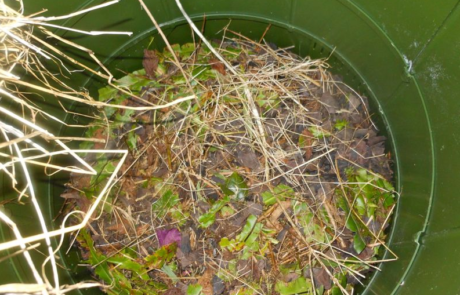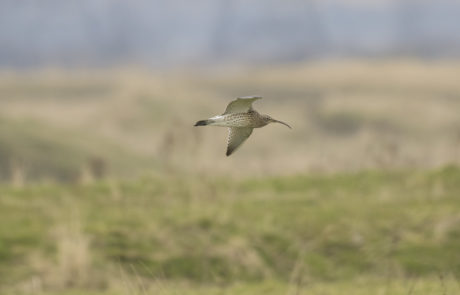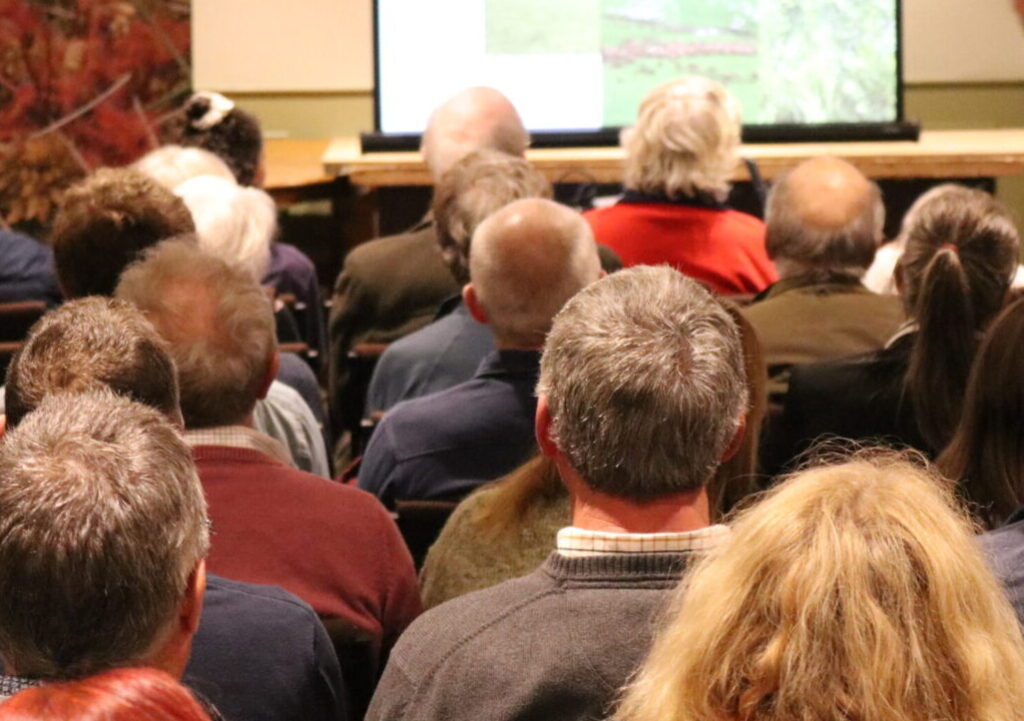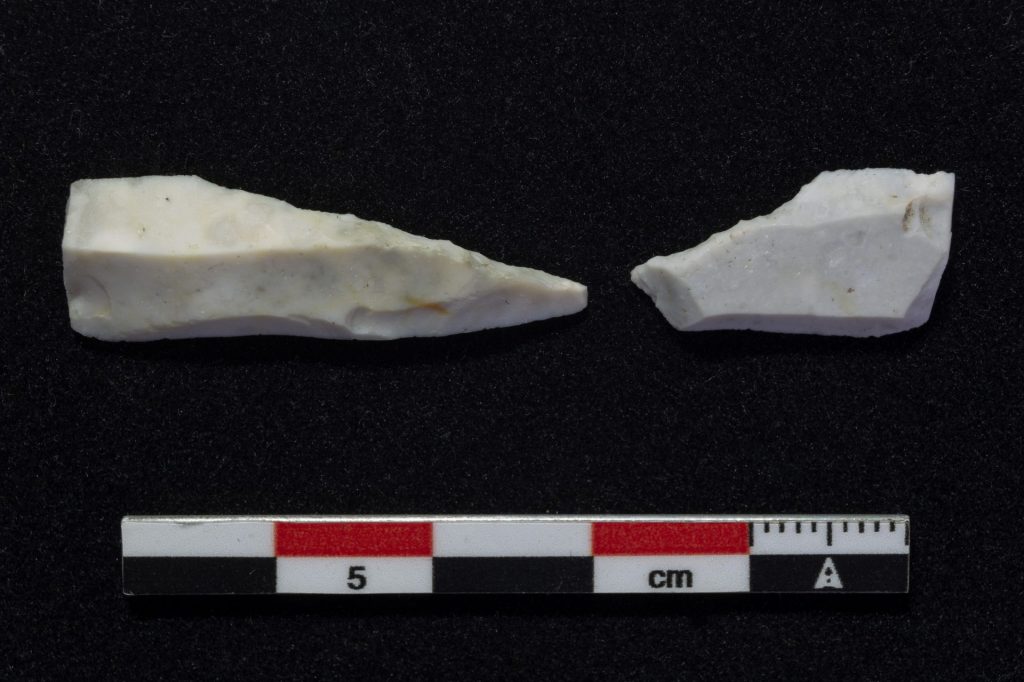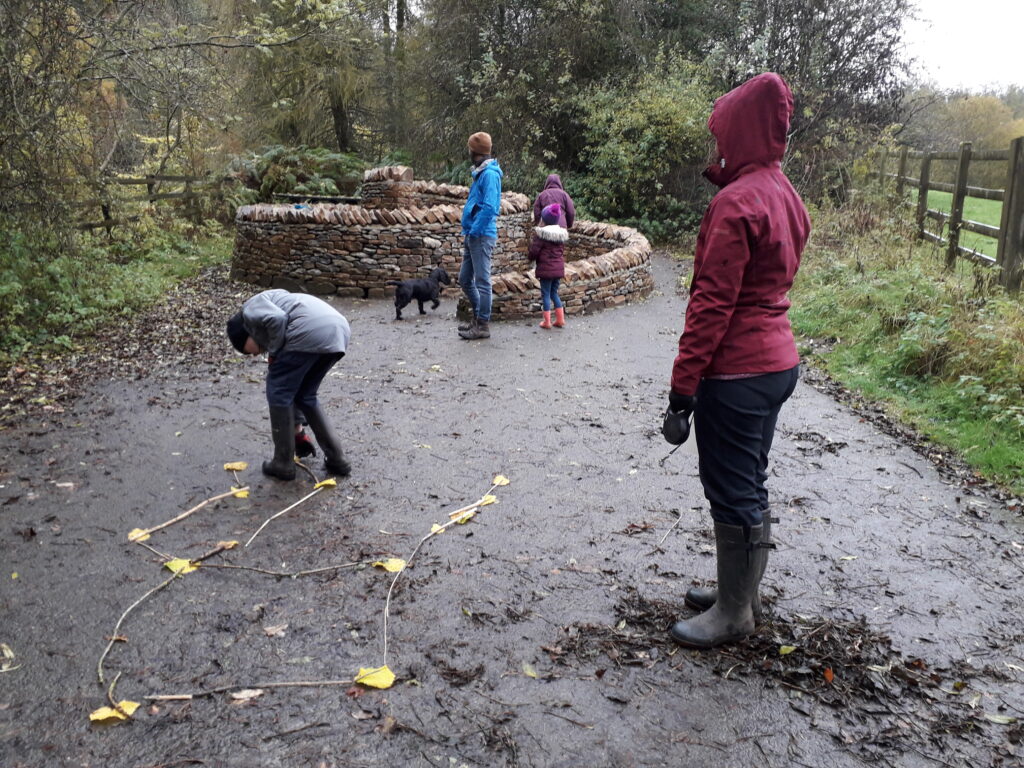News
Tips for wildlife-friendly gardening
5 December 2024
Wildlife-friendly gardening top tips
Top tip no.1: Only dig what you need to
Top tip no.2: Go for native and nectar rich plants
Try to provide nectar sources for as long as possible from the beginning of the year to the end. You don’t need loads of space to help our pollinators. Lots of native wildflower seed can thrive in pots, providing they are well-drained and watered. Cornflowers, wild pansies, poppies, corn marigolds, corn buttercups and scabious will all put on a colourful display and provide nectar for butterflies, bees and other pollinators.
Image credit: Osmia bicornis, red mason bee (c) www.northeastwildlife.co.uk
Top tip no.3: Recycle your garden waste
Top tip no.4: Create a wild area
Top tip no.5: Don’t buy peat-enriched compost
Top tip no.6: Have some nettles
Nettles are an important habitat for lots of bugs and a food plant for a range of caterpillars that will turn into beautiful butterflies like the Peacock and Comma. Relocate nettles to pots and planters to prevent them spreading if you prefer.
Top tip no.7: Create insect havens with piles of sticks and stones
Piles of sticks, logs and stones are a haven for many insects and spiders who provide prey for an array of garden birds. Create a habitat pile with your brown woody waste material or build a ‘bug hotel’ with the family to help insects, breeding birds, frogs, and perhaps a hedgehog too.
You can use a simple pile of pine cones, where ladybirds can lay eggs to help keep greenfly numbers down, or create a ‘Buggingham Palace’ with lots of layers and levels using recycled materials like old bricks, carpet and bark. Make sure you include hollow stems – old bamboo canes, dry hogweed stems, or drill holes in logs or fence posts – which are vital for solitary bees to lay their eggs in, and put them in a south facing position for the best chance of inviting these attractive and important pollinators to your garden.
Top tip no.8: Plant shrubs and bushes
As well as nectar-rich flowering plants, think about planting shrubs and bushes which provide food and year-round shelter for insects, birds and small mammals. Guelder rose, hazel and elder are beautiful native shrubs, and traditional garden favourites such as forsythia, sweet box and buddleia will all add value to your wildlife-friendly garden.
Top tip no.9: Provide water
A pond or small water reservoirs around your garden are important to offer insects, like bumblebees, a drink as well as the birds.
Top tip no.10: Relax and enjoy
Remember to relax and enjoy your garden. Don’t worry if everything doesn’t get done – it’s good to have an excuse to get into the garden again on another day. Less digging means you’ll have more free time to enjoy the flowers, bird song and buzzing insects. Don’t forget to make a note and take a picture of what you see and when for your own and the county’s records.
Wildlife-friendly gardening webinar
Our thanks to our local volunteer experts – Kirkoswald Environmental group and Howard Quinn, Linda Robinson, John Miles, Peter Clarke, and Stuart Colgate – who contributed to the webinar on 29 January 2021, as well as everyone who attended. Watch the video below:





